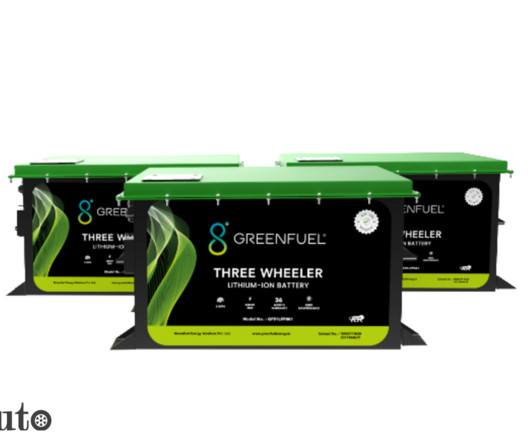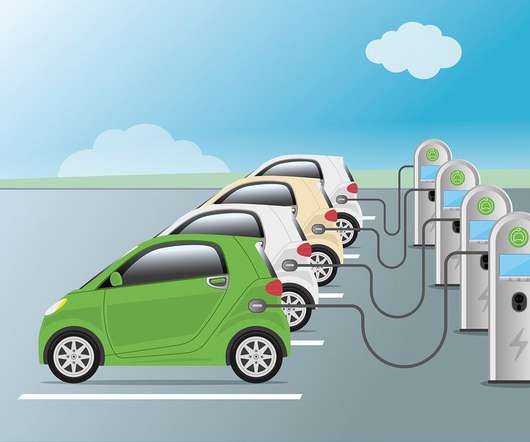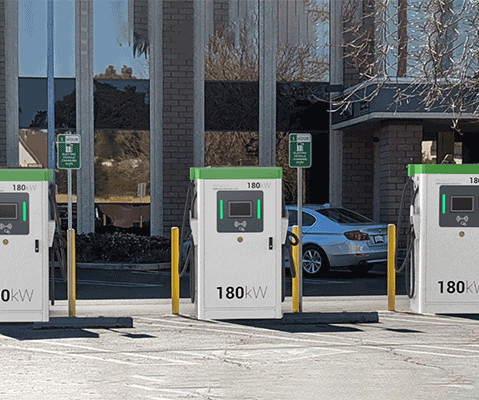Noco-Noco and Greenfuel sign MoU for Li-Ion battery longevity technology – ET Auto
Baua Electric
JANUARY 16, 2024
New Delhi: noco-noco Pte Ltd (noco-noco), the wholly-owned subsidiary of noco-noco Inc, and Greenfuel Energy Solutions Pvt Ltd have signed a Memorandum of Understanding (MOU) aimed at revolutionizing India’s clean electric mobility landscape through batteries with superior efficiency, performance, and longevity.














Let's personalize your content